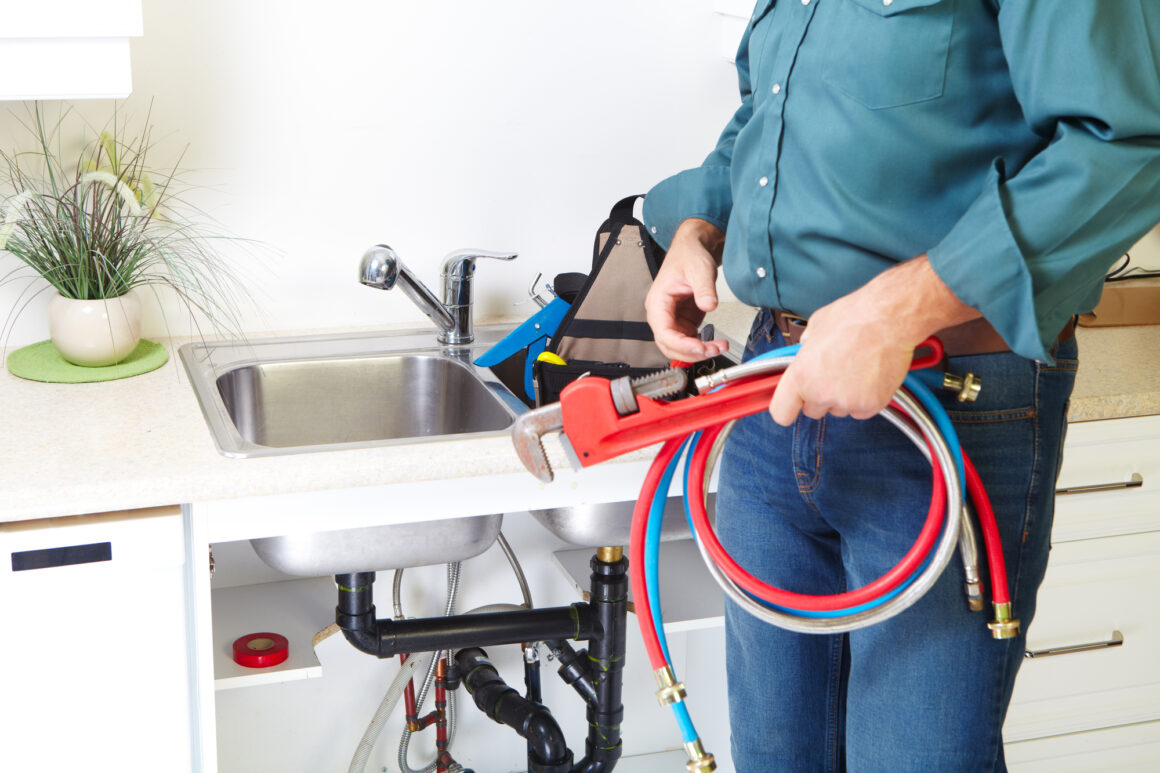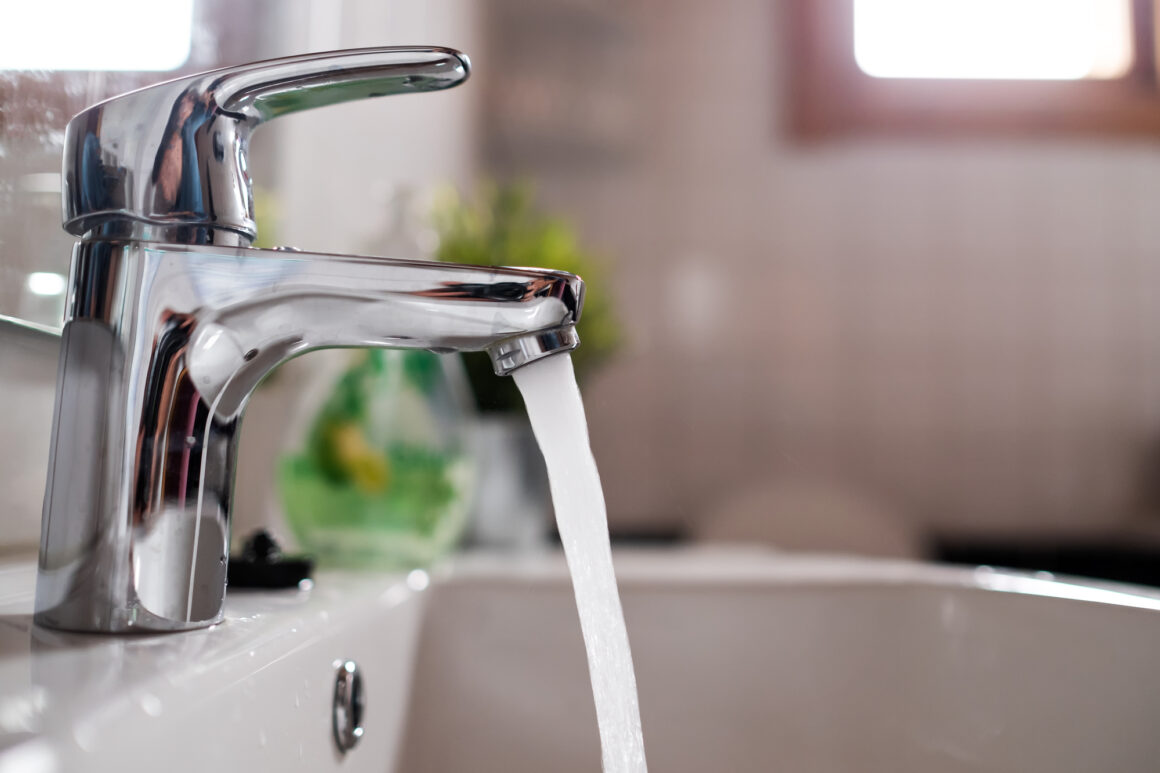
Do you have a plumber in your life? If not, it’s time to get one. You may have heard the saying, “an ounce of prevention is worth a pound of cure,” and plumbing should be no exception to this rule. If your home or business is experiencing any issues with its plumbing systems, it makes sense to call in an expert from start to finish.
Faucets + Shower heads.
Faucets and shower heads are the most common sources of leaks in your home, which can cause damage to your pipes. If you have an older faucet or shower head, replacing it with a new one made from high-quality materials is essential.
To help prevent any future issues with leaking fixtures, keep them clean by following these steps:
- Remove debris buildup on the spout using a rag, soap, or cleaner. Use a brush if necessary (don’t use abrasive cleaners).
- Rinse any soap residue with warm water before replacing each component in its place within the fixture itself; this will help avoid clogging up other parts later on down the line!
Water heater.
Check the pilot light. This small flame lights up when you turn on your water heater, signaling that it’s ready to boil or heat water. If there’s no flame and you don’t hear any whistling noises from inside your tank, check to see if there’s something wrong with your water heater. Please turn off all other gas appliances in your home and then turn on one device at a time until you find what’s causing them to stop working correctly. If nothing else works after checking this step, call an expert immediately! There are a lot of emergency plumbers in San Francisco that you can trust.
Toilets + Septic systems.
Toilets and septic systems are two of the most common plumbing issues people experience in their homes. If you’re unsure whether your toilet needs a tune-up, you should check the following:
- Check for leaks by filling up a cup with water and pouring it on the tank to see if any leaks occur. If so, call an expert right away!
- Make sure your toilet is level by placing some weights (like books or toys) on top until they sink into place. It will help prevent overflow later down the road when it gets clogged up with waste products from flushing and reusing too often over time due to poor maintenance habits.
Check plumbing in the attic.
Check for leaks. Leaks in your plumbing system can cause significant problems. Checking for them before they get out of control is essential. The first step is to locate any obvious signs of leakage. Water dripping down a pipe or wet spots on the ceiling or walls are examples. Then use a flashlight (or even a strong hand) to look inside your lines and see if any cracks in them could leak water. If you find one, patch up the crack immediately with duct tape or another sealant; otherwise, call an expert plumber who will come out and fix the problem at no cost!
Check for insulation issues around pipes and valves (even though this sounds boring). Insulation problems cause many other issues like mold growth. It may require professional intervention to fix and prevent future incidents from occurring again, especially during cold winter when temperatures drop below freezing levels, leading us to our next point.

Water pressure is too high or low.
If the water pressure is lower than expected, you need to call a trained professional to fix it. The problem with low pressure is that your kitchen sink might need to drain properly and may even clog up. It can cause damage to your pipes and even make them weak enough for mold or bacteria growth to grow inside them.
If the water pressure is too high, then this could cause damage as well: if there’s too much force coming down on an appliance like a toilet plunger or shower head, then it could break off when trying to remove excess water from within its housing (which would mean replacing parts). It can also lead directly to flooding issues throughout your home—yes, these are expensive!
Slow water flow.
One of the easiest ways to discover if your plumbing needs a tune-up is by checking the water pressure. If you have low pressure or none at all, then it’s time for some work.
You can check your tap faucet and showerhead for leaks by running water through them in off positions. Then turn on full flow and listen for any drips from the faucet or shower head before turning it off again (you should hear nothing). If any drops are left over when you turn it off again, this indicates a potential leak somewhere along those pipes. However, if all seems well, then there isn’t anything wrong with either item(s).
If both items have leaks, try using an air tank filled with air instead of running cold water through them until they stop leaking completely. If this doesn’t solve things, replacing old pipes would help alleviate those problems further down the line.
Look around the house and garden.
If there’s a leak, it could be anywhere on your property. Check for signs of wear—especially on the roof, siding, and garage doors. If any of these things are damaged or worn out, get them fixed immediately!
Check for mold in your home: Grab some hydroponic soil (it’s super cheap), fill a bucket with water, and set it aside so that it stays moist but doesn’t overflow all over your floor when cleaning up after yourself later tonight! Make sure to put down the newspaper before adding anything else; otherwise, water will get everywhere quickly.
Make sure that you’re picking the correct fixture for the job.
To ensure that you choose the right institution for the job, keep in mind these three things:
- Size. The size of your existing faucet is crucial because it determines how much water can flow. An oversized tap could waste more water than necessary if you have a small sink. There may also be other issues (like clogs). If you have a large sink or tub and need to replace just one part of the system, go ahead and do it! However, if your plumbing isn’t working correctly, consider replacing them at once rather than one at a time.
Go With a Pro
A tune-up for your plumbing system is a great way to cut costs and prevent unneeded repairs. Professional plumbers can ensure that your home’s pipes are working correctly, saving you money on future repairs.
A pro will also know how to use specialized tools for the job. They can get into tight spaces where other plumbers cannot fit. The result: fewer trips out-of-town or, worst-case scenario—your house could flood! Plumbing repair in San Francisco can help you.
Whether you need a tune-up, paying attention to your pipes and fixtures is still essential. They can cause more problems if they need to be fixed. If you still need to decide whether your plumbing requires some help, contact a professional plumber who can assist!

